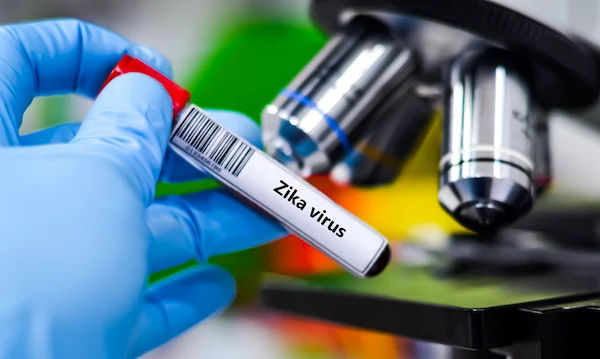- female
- 30 Years
- 20/02/2025
So I've been dealing with this TB infection in my neck for about 2 years now, and I got treated through a government dispensary, but it doesn't seem to be getting any better. I'm still on DOTS treatment, but the swelling on both sides of my neck and these small lumps are still there. I'm really not sure if they're lymph nodes or if the TB bacteria is still hanging around. Could you give me some advice on what I should do next?
Answered by 1 Apollo Doctors
refer to dermatologist
Dr. Dr Khaleel Suggests...
Consult a Infectious Disease specialist
Answered 25/07/2025
0
0

More Infectious Disease Health Queries
View allWhat are the five signs of an infection?
The signs of infection vary according to the organ and site of involvement. Most common symptoms and isgns are fever, chills, rigor, vomitings, diarrhoea, burning urine ,sore throat ,cough, new onset of pain. Inflammation has five cardinal signs which are pain, heat, redness, swelling, and loss of function.
Answered by 1 Apollo Doctors
I'm trying to understand the window period for the HIV 1 and 2 antibodies and p24 antigen test, like the CMIA test. Is it safe to say that getting tested three months after exposure would give me a conclusive result? I've been stressing about it and just want to make sure I'm doing the right thing. Can you shed some light on this?
The window period for HIV 1 & 2 antibodies and p24 antigen test using CMIA method is typically around 4 weeks to 3 months after exposure. For most individuals, this test is considered conclusive after 3 months post-exposure. It is important to follow up with your healthcare provider for further guidance and monitoring.
Answered by 1 Apollo Doctors
I'm really worried because my lab report came back with something called Salmonella typhi H 140. I went to the hospital this morning, and now I'm feeling anxious about what to do next. Can you explain what this means and how I can recover from it?
Salmonella typhi infection is commonly treated with antibiotics. In this case, you can take antibiotics such as Ciprofloxacin or Azithromycin to help recover from Salmonella typhi infection. It is important to complete the full course of antibiotics as prescribed by your healthcare provider. Additionally, make sure to stay hydrated and get plenty of rest to help your body recover.
Answered by 1 Apollo Doctors
Disclaimer: Answers on Apollo 247 are not intended to replace your doctor advice. Always seek help of a professional doctor in case of an medical emergency or ailment.





